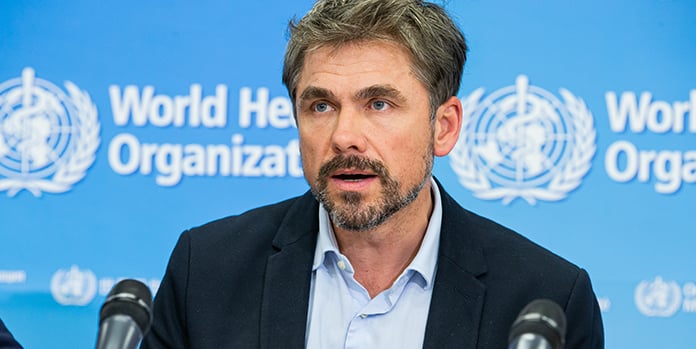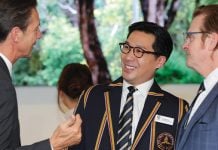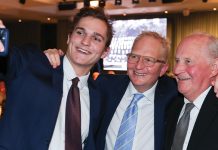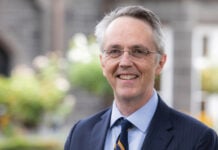As Director for Strategy, Programmes and Partnerships within the World Health Organisation (WHO) Emergencies Programme, Scott Pendergast (OM 1985) has one obvious issue dominating his work at the moment.
In this interview Scott shares insights into this important role, as well as the lessons that have stayed with him since his days as a Melbourne Grammar student.
Can you describe your current responsibilities?
I am responsible for WHO’s overall preparedness and response to global health emergencies. These include outbreaks, epidemics, and pandemics as well as natural disasters like earthquakes, hurricanes, and floods. I also focus on humanitarian crises such as those in Yemen and Syria.
In relation to each of these, I work with the WHO Executive Director and our technical experts to devise the overall program strategy, bring partners together, and generate financial and operational plans at both global and local levels.
What’s the biggest idea you’re currently grappling with?
In the short term, helping local communities and services deal with the COVID-19 pandemic is my biggest challenge.
This means creating strategies and building partnerships at a global level, but at the same time, drilling down to find out where the greatest area of need is. We need to understand the gaps and demand, then create an architecture that can help accelerate the delivery of resources, vaccines, and treatments.
At present, I am leading the connection between the Access to COVID-19 Tools (ACT) Accelerator program and national response organisations which addresses some of these issues. Working with international partners such as UNICEF, the World Bank Group and the Bill and Melinda Gates Foundation, we recently articulated the strategic priorities, major scope of work and funding needs for the program over the next 12 months so as to implement the most effective strategy to deploy the tools necessary to mitigate the COVID-19 pandemic across the world.
How do you maintain a work-life balance given your role?
I’m quite good at prioritising, and at understanding my critical tasks for any given day. I know I can’t do everything, so I have to focus on where I can move the dial, and where I need to delegate. I keep a short, medium and long-term vision in mind so I don’t get overwhelmed by information.
Then, of course, I have my family responsibilities: a partner, three kids, two dogs, a house, grandparents—being able to step away from everything and throw myself into all that helps me maintain a good balance.
How did Melbourne Grammar shape the way you see the world?
Melbourne Grammar is such a diverse environment that brings together an extremely talented pool of people. You learn early on that you have to be very, very good to be the best at anything. That gave me a work ethic and a sense of resilience.
I also got the chance to see what excellence could be, and an ambition to move toward that. Melbourne Grammar pushed me to develop an inner confidence.
Melbourne Grammar taught me not to limit myself to what was right in front of me.



